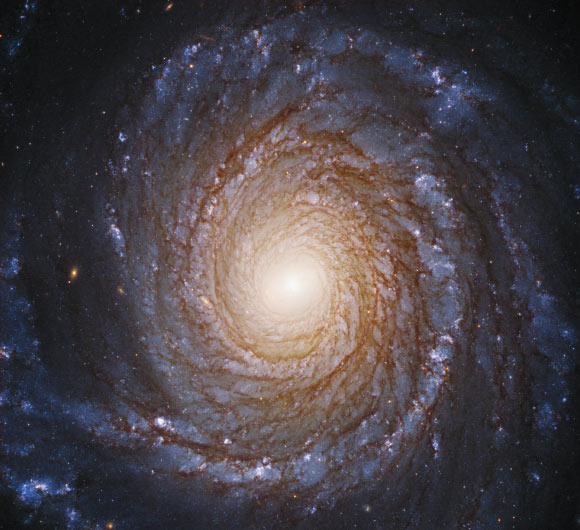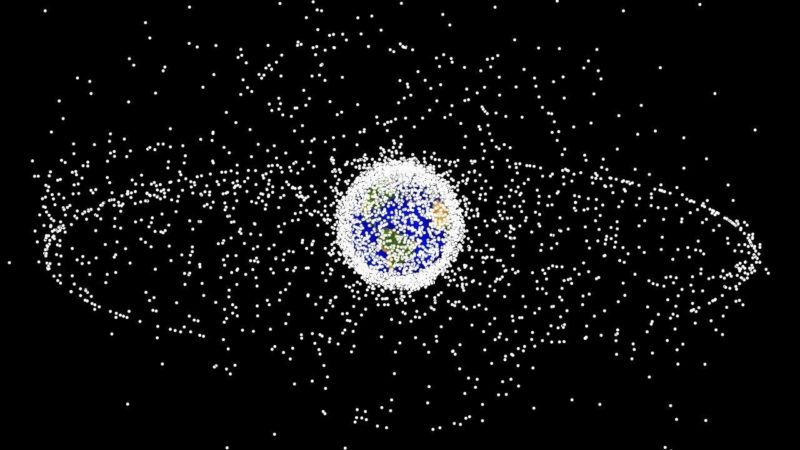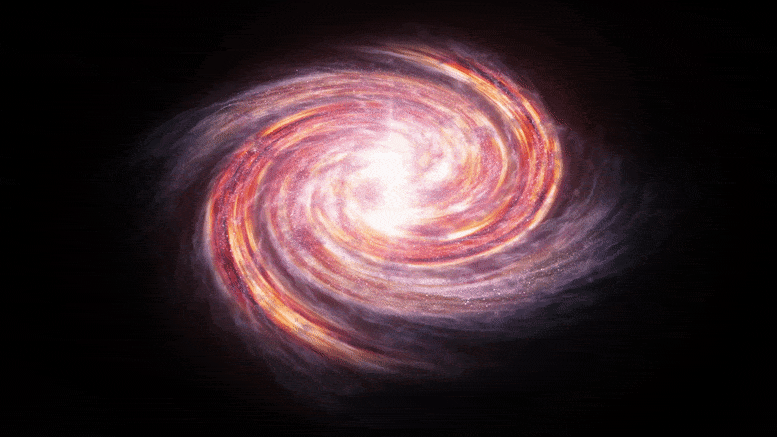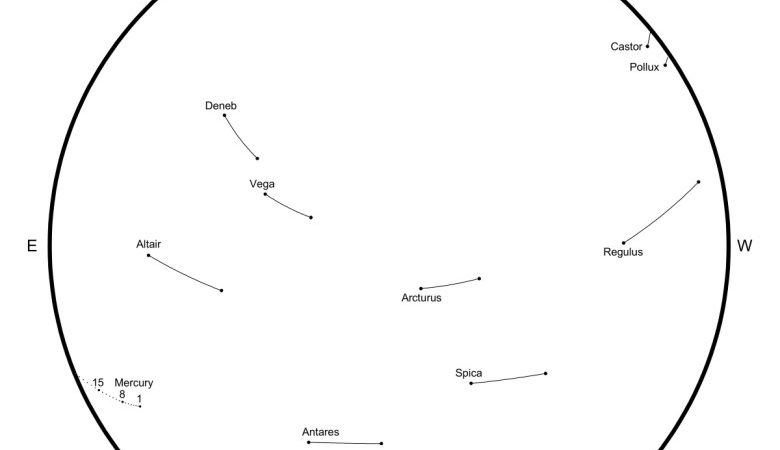Spiral Galaxies More Likely to Host Complex Life: Study | Astrobiology, Astronomy – Sci-News.com
Giant elliptical galaxies are not as likely as previously thought to be cradles of complex life, according to a paper published in the Monthly Notices of the Royal Astronomical Society.

This Hubble image shows NGC 3147, a spiral galaxy located some 130 million light-years from Earth in the constellation of Draco. Image credit: NASA / ESA / S. Bianchi, Università degli Studi Roma Tre University / A. Laor, Technion-Israel Institute of Technology / M. Chiaberge, ESA, STScI & JHU.
In 2015, University of Durham astronomer Pratika Dayal and colleagues concluded that large elliptical galaxies have up to 10,000 times more habitable planets than the Milky Way and are thus the cradles of life.
The increased likelihood would be because elliptical galaxies hold many more stars and have low rates of potentially lethal supernovae.
But University of Arkansas astrophysicist Daniel Whitmire believes that the 2015 study contradicts a statistical rule called the principle of mediocrity.
Also known as the Copernican Principle, this rule states that in the absence of evidence to the contrary, an object or some property of an object should be considered typical of its class rather than atypical.
Historically, the principle has been employed several times to predict new physical phenomena, such as when Sir Isaac Newton calculated the approximate distance to the star Sirius by assuming that the Sun is a typical star and then comparing the relative brightness of the two.
“The 2015 paper had a serious problem with the principle of mediocrity,” Professor Whitmire said.
“In other words, why don’t we find ourselves living in a large elliptical galaxy? To me this raised a red flag. Any time you find yourself as an outlier, i.e. atypical, then that is a problem for the principle of mediocrity.”
Professor Whitmire also had to show that most stars and therefore planets reside in large elliptical galaxies in order to nail down his argument that the earlier paper violated the principle of mediocrity.
According to the principle of mediocrity, Earth and its resident technological society should be typical, not atypical, of planets with technological civilizations elsewhere in the Universe. That means that its location in a spiral-shaped disk galaxy should also be typical.
But the 2015 paper suggests the opposite, that most habitable planets would not be located in galaxies similar to ours, but rather in large, spherical-shaped elliptical galaxies.
In his paper, Professor Whitmire suggests a reason why large elliptical galaxies may not be cradles of life.
These galaxies were awash in lethal radiation when they were younger and smaller, and they went through a series of quasar and star-burst supernovae events at that time.
“The evolution of elliptical galaxies is totally different than the Milky Way,” Professor Whitmire said.
“These galaxies went through an early phase in which there is so much radiation that it would just completely have nuked any habitable planets in the galaxy and subsequently the star formation rate, and thus any new planets, went to essentially zero.”
“There are no new stars forming and all the old stars have been irradiated and sterilized.”
“If habitable planets hosting intelligent life are unlikely in large elliptical galaxies, where most stars and planets reside, then by default galaxies such as the Milky Way will be the primary sites of these civilizations, as expected by the principle of mediocrity.”
_____
Daniel P. Whitmire et al. 2020. The habitability of large elliptical galaxies. MNRAS 494 (2): 3048-3052; doi: 10.1093/mnras/staa957






